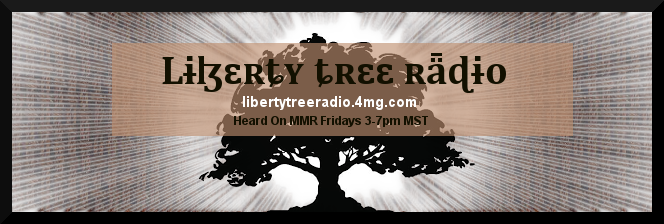
MessageToEagle.com - A new study indicates that the genetic markers of this first pan-European culture, were suddenly replaced around 4500 years ago.
Scientists don't know why.
A sudden genetic turnover that took place a few millennia ago remains unexplained.
Ancient DNA recovered from a series of skeletons in central Germany up to 7500 years old has been used to reconstruct the first detailed genetic history of modern Europe.
A new study conducted by an international team of researchers at the University of Adelaide's Australian Centre for Ancient DNA (ACAD), that their colleagues from the University of Mainz, Germany and the National Geographic Society's Genographic Project, reveals a dramatic series of events including major migrations from both Western Europe and Eurasia, and signs of an unexplained genetic turnover about 4000-5000 years ago.
The research was performed at the University of Adelaide's Australian Centre for Ancient DNA (ACAD). Researchers used DNA extracted from bone and teeth samples from prehistoric human skeletons to sequence a group of maternal genetic lineages that are now carried by up to 45% of Europeans.
"This is the first high-resolution genetic record of these lineages through time, and it is fascinating that we can directly observe both human DNA evolving in 'real-time', and the dramatic population changes that have taken place in Europe," says joint lead author Dr Wolfgang Haak of ACAD.
"We can follow over 4000 years of prehistory, from the earliest farmers through the early Bronze Age to modern times."
"The record of this maternally inherited genetic group, called Haplogroup H, shows that the first farmers in Central Europe resulted from a wholesale cultural and genetic input via migration, beginning in Turkey and the Near East where farming originated and arriving in Germany around 7500 years ago," says joint lead author Dr Paul Brotherton, formerly at ACAD and now at the University of Huddersfield, UK.
"What is intriguing is that the genetic markers of this first pan-European culture, which was clearly very successful, were then suddenly replaced around 4500 years ago, and we don't know why. Something major happened, and the hunt is now on to find out what that was," ACAD Director Professor Alan Cooper said.
"We have established that the genetic foundations for modern Europe were only established in the Mid-Neolithic, after this major genetic transition around 4000 years ago," says Dr Haak.
"This genetic diversity was then modified further by a series of incoming and expanding cultures from Iberia and Eastern Europe through the Late Neolithic."
"The expansion of the Bell Beaker culture (named after their pots) appears to have been a key event, emerging in Iberia around 2800 BC and arriving in Germany several centuries later," says Dr Brotherton.
"This is a very interesting group as they have been linked to the expansion of Celtic languages along the Atlantic coast and into central Europe."
"These well-dated ancient genetic sequences provide a unique opportunity to investigate the demographic history of Europe," says Professor Cooper.
"We can not only estimate population sizes but also accurately determine the evolutionary rate of the sequences, providing a far more accurate timescale of significant events in recent human evolution."
The study is published in Nature Communications.
link to original post http://www.messagetoeagle.com/genetichisteurope.php#.UY90S7Xvsw8



















» WRATH OF THE GODS/TITANS
» OMF STATE OF THE UNION
» Disclosure - For U by U
» The scariest character in all fiction
» Uanon's Majikal Misery Tour "it's all smiles on the magic school bus"
» What Music Are You Listening To ?
» Livin Your Best Life
» Baudrillardian hauntology - what are some haunting truths to our reality?